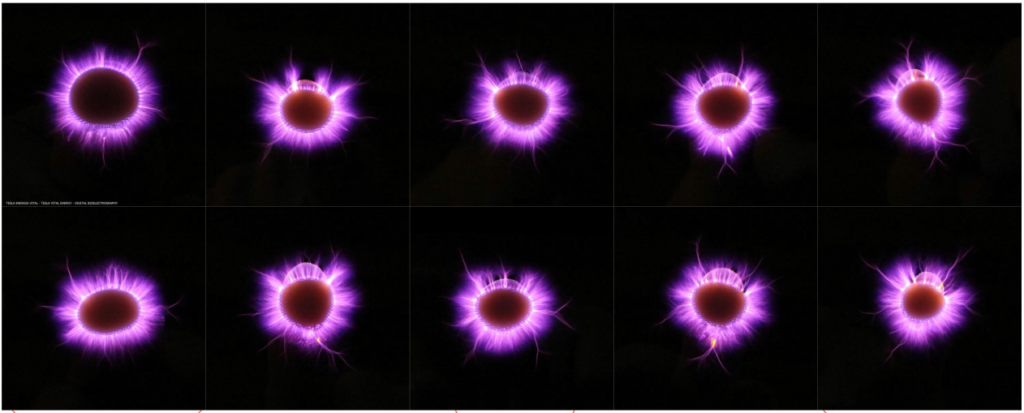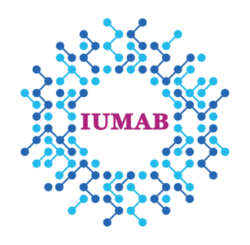THE BASIC POSTULATES OF GENERAL THEORY OF PHYSIOLOGY OF CONSCIOUSNESS
V.V. Petrash
The St.-Petersburg institute of synergetic medicine
The huge volume of researches of functions of a brain, mechanisms of memory and recognition of images spent by various scientific schools all over the World till now has not resulted in understanding physiological essence of consciousness as such. There is an impression, that this area could not become known in general, or it is required some re-comprehension of the saved scientific data. Just the untraditional analysis of results available neurophisiological, psychophisiological, linguistic and biophysical researches has allowed to formulate four basic postulates of the general theory of physiology of consciousness.
- Everyone sensory system (sense organ) perceiving a kind of an information signal (a sound, light, smell etc.), specific to it, is capable to generate (to reproduce) an image similar to an information signal or its fragment under influence of stimulus.
- The information image of the phenomenon in specific form to every sensory system is fixed and is kept (is remembered) in structure of this system; the code designation of the phenomenon is fixed by a steady sequence group interaction of muscular groups of the speech device and is reproduced as a verbal image.
- The long-term memory of an image of the phenomenon is formed by training at the expense of gradual organization of differentiated neuron networks that create steady interrelations between sensory organs and proper muscular ensemble of speech device.
- The consciousness is a dynamic process of reproduction under influence of endogenic and exogenous stimulus of the generated images, concepts and representations about the phenomena of a Nature and their logic correlation among themselves.
The first postulate specifies presence of inverse function of sense organs, second – on their ability to keep the information, specific to them, third characterizes the mechanism of memory as integrated function of sensory systems of a brain and of the speech muscular device. It is necessary parts of uniform physiological system of process of thinking and consciousness as a whole.
From stated follows, that the memory as such is not especially function of a brain. In formation of memory of sensory organs participate probably steady conformational reorganization of protein molecules, intercellular contact networks and holographic mechanism. Last, apparently, occupies a general place in a storage of the visual information.
It is necessary to note, that the formulated above postulates have experimental confirmations. Besides on their basis there are explained many “mysterious” phenomena of human mentality, including such as genius (artists, composers etc.), hypnosis, dream etc.
Thus, the consciousness and thinking process of the man is natural property of high organized biosystem, its physiological function, which is carried out on a basis of general physiological principles of the feedback, minimization of energy loss, system organization.
Bioelectrography Consciousness Research

